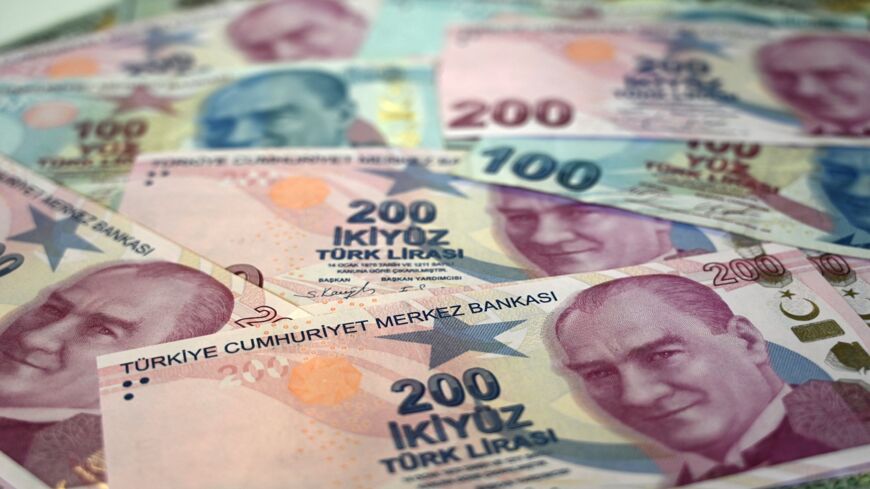Inflation in Turkey dips under 40%, lowest in nearly 2 years
Finance Minister Mehmet Simsek said he expected the decline in inflation to continue due to Turkish monetary policies.

Turkish annual inflation dropped below 40% in February, the lowest in almost two years, ahead of an expected interest rate cut by the central bank this week.
Inflation slowed to 39.1% in February compared to the same month in 2024, according to data from state statistics agency TurkStat released Monday. Estimates had ranged between 39.5% and 40.3% after January’s inflation was 42.1%.
Energy costs rose by 43.92% year-on-year in February, up from 35.95% in February 2024.
Food and non-alcoholic drink prices increased at their slowest rate since Nov. 2021, rising by 35.11% year-on-year, down from 71.12% from the same month last year.
Writing on X, Finance Minister Mehmet Simsek said he expected the decline in inflation to continue due to "fiscal and income policies that support the disinflation process."
"We will resolutely implement our policies to achieve price stability, which will permanently improve the purchasing power and income distribution of our citizens," he added.
Why it matters: Turkey has seen some economic progress after recording its highest inflation ever at around 85.51% in October 2022. Going against economic orthodoxy, Turkish President Recep Tayyip Erdogan maintained interest rates stubbornly low in the run-up to the May 2023 presidential elections even as inflation reached an all-time high. After Erodgan’s reelection in May 2023, he appointed a finance czar and central bank governor who have followed the economic orthodoxy and raised interest rates to tame inflation. That shift has led to some improvement in economic indicators, though inflation remains high despite the latest decline.
The country’s central bank raised its interest rates from 8.5% to 50% in an aggressive run of hikes between June 2023 and March 2024. The interest rate was lowered in January 2025 to 45%.
Know more: TurkStat data released Friday showed that Turkey’s economy grew by 3.2% in 2024, slightly above the World Bank's forecast of 3.1%. At current prices, the size of the economy reached $1.32 trillion with a per capita income at $15,463.
The data showed that Turkey’s unemployment rate fell by 0.1 percentage points month-on-month to 8.4% in January.
Commenting on Friday’s economic data, Simsek said in a statement, “With our program, we have achieved significant success in many areas so far, reduced our vulnerabilities and strengthened our macroeconomic foundations.”
In the fourth quarter of 2024, Turkey’s economy expanded 3% compared to the fourth quarter of 2023, slightly exceeding economists’ expectations. A survey by the Anadolu Agency predicted that Turkey's GDP would rise 2.98% in the October-December 2024 period.






